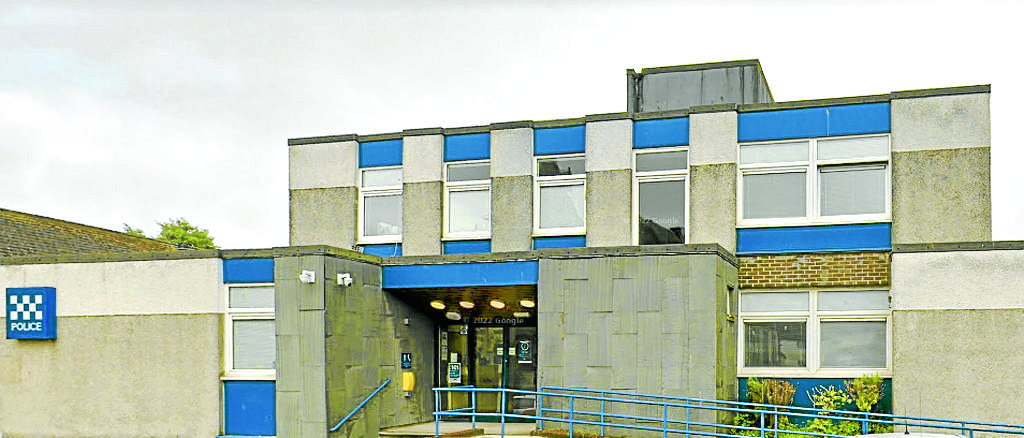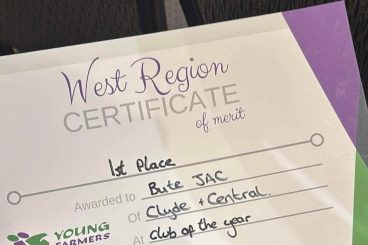THE ISSUE of policing on the Isle of Bute has come under renewed scrutiny following a statement released by local police regarding current staffing levels on the island.
In a statement shared with the Isle of Bute News, chief inspector James McArthur assured the community that Argyll and Bute remains a priority for the police.
He explained: “We are committed to maintaining a strong community presence and ensuring that Argyll and Bute continues to be a safe place to live and work.
Over the coming months we will welcome five new probationers to the Isle of Bute who will assist and support our current team of dedicated and committed officers.”
Chief inspector McArthur added: “Officers working in remote and rural locations play an integral part in community life and it is vital we support them to remain in or relocate to these areas. As part of this, we have been working hard to expand our property portfolio across Argyll and in Bute.
“Remote supervision is also common practice in rural areas. There will always be a supervisor on duty who will risk assess and monitor all incidents. Supervisors will be in regular contact with officers on duty providing support and effective governance.”
While the statement highlights the steps being taken to ensure public safety, concerns have been raised by local residents about the implications of police shortages, particularly in the late-night hours.
As reported earlier this year, the island has faced significant challenges in maintaining adequate police coverage which has drawn mixed reactions from the community.
Jean Moffat, chair of the Bute Community Council, expressed strong concerns about the viability of the current policing policy on the island: “Whilst we are all well aware of the serious constraints placed on our police today, primarily caused by the creation of Police Scotland, this resultant policy can not and will not work. Bute has no mainland access from 9pm every night. We have over six thousand inhabitants that are augmented by holiday makers for six months of the year. I am shocked and disappointed by this thoughtless decision.”
Moffat’s comments reflect ongoing frustrations in the community, where many are worried about the safety implications of having on call police during critical late-night hours.
Deputy convenor, Finlay Martin echoed Jean’s thoughts on the matter, adding: “In my view this is likely to be seen as green light by certain criminal elements to get up to no good. This may seem like a good way to save money or ration stretched resources in the short term, but it could end up requiring more resources and more police hours if there is an up-tick in incidents during the night.”
As the months go on, the hope is that the addition of new probationers will help alleviate some of the pressure on the current team, but many still worry that the remote supervision model may not be enough to address the concerns raised by residents.















